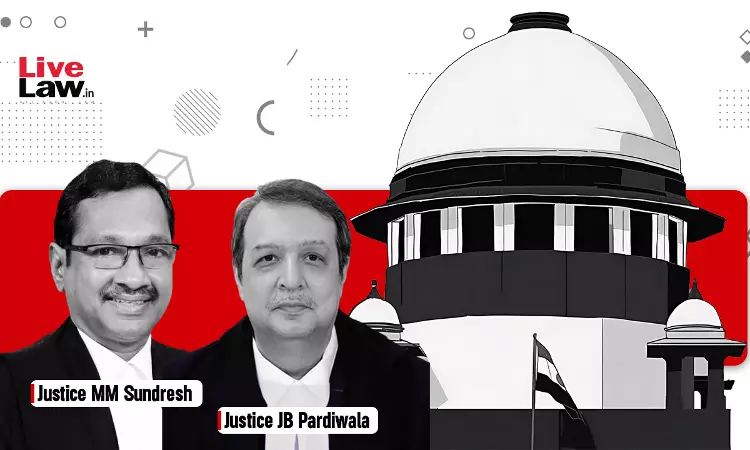S. 50 NDPS Act Not Applicable To Recovery From Bag Carried By A Person: Supreme Court
LIVELAW NEWS NETWORK
7 Oct 2023 12:13 PM IST

Next Story
7 Oct 2023 12:13 PM IST
The Supreme Court recently reiterated that the conditions for personal search as specified in Section 50 of the Narcotic Drugs and Psychotropic Substances Act are applicable only for the search of the physical body of the person and not for the search of any bag carried by the person.At the same time, the Court acknowledged that confining the applicability of Section 50 NDPS Act only to...
